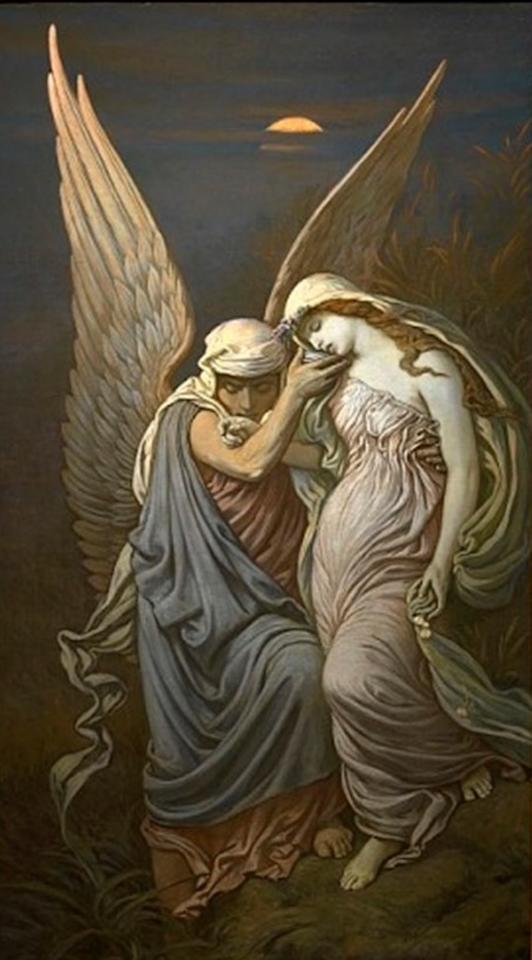Stanza 21 of the first edition of Edward FitzGerald’s translation of The Rubáiyát of Omar Khayyám continues with the theme of the shortness of life and the finality of death, but introduces new emotions, of grief for lost loved ones and nostalgia for the past. These poignant lines have sometimes made me cry. We get maudlin as we get old.
XXI
Lo! some we loved, the loveliest and best
That Time and Fate of all their Vintage prest,
Have drunk their Cup a Round or two before,
And one by one crept silently to Rest.
It is based, according to A. J. Arberry, on no. 189 in the Calcutta manuscript, which is close to the quatrain given at this site.
یاران موافق همه از دست شدند
در پای اجل یکان یکان پست شدند
بودند تنک شراب در مجلس عمر
دوری دو ز ما پیشترک مست شدند
My literal blank verse rendering of it goes like this:
All faithful friends have softly slipped away:
The foot of fate has crushed them one by one.
They drank but sparingly at life’s gala;
An hour or two before us, they fell drunk.
By “they fell drunk” the poet here means that they died. FitzGerald stayed fairly close to the original.
—-
Order Juan Cole’s contemporary poetic translation of the Rubáiyát from
or Barnes and Noble.
or for $16 at Amazon Kindle
——-
The theme of mourning loved ones who have passed on is often addressed in classical Persian poetry.
These lines are attributed to Hafez of Shiraz (free verse):
I drink up, again and again, to the memory of the one who is gone
For there’s no cure in this world for night wounds.
It’s too bad, crazed heart, that your tipsy tumult
is only you being drunk in this world’s funeral home.
ه یاد کسی که رفتی، میدهم جام به جام
که نیست در این روزگار، دارویی بر زخم شام
دریغا ای دل دیوانه کاین مستانه شوری
به ماتم خانه گیتی تو را سرمستی است

Elihu Vedder illustration for the Rubaiyat. Public Domain.
And here is a flowery meditation on death and grief from Vahshi Bafqi, d. 1583, a poet of the Safavid era:
I had a memory of a lush garden
Tulips of good times bloomed, and roses of joy blossomed
But autumn seized that bower full of bright petals.
The tulips are crushed and the roses only thorns.
The fall has cast its shadow on that flower bed.
When will the nightingale again bring us hope of spring,
since its cage is cramped and its wings are broken?
With what optimism would it remember the rose trellis?
Even if the whole face of the earth bloomed, what hope could I have?
When the friend is gone, what do I have to do with flower beds?
خاطری داشتم القصه چو خرم باغی
لاله عیش شکفته گل شادی بر بار
آه کان باغ پر از لاله و گل یافت خزان
لالهها شد همه داغ دل و گلها همه خار
برسیدهست در این باغ خزانی هیهات
کی دگر بلبل ما را بود امید بهار
بلبلی کش قفس تنگ و پروبال شکست
به چه امید دگر یاد کند از گلزار
گر همه روی زمین شد گل و گلزار چه حظ
یار چون نیست مرا با گل و گلزار چه کار
—-
For more commentaries on FitzGerald’s translations of the Rubáiyát, see
FitzGerald’s Rubáiyát of Omar Khayyám: Commentary by Juan Cole with Original Persian


 © 2025 All Rights Reserved
© 2025 All Rights Reserved